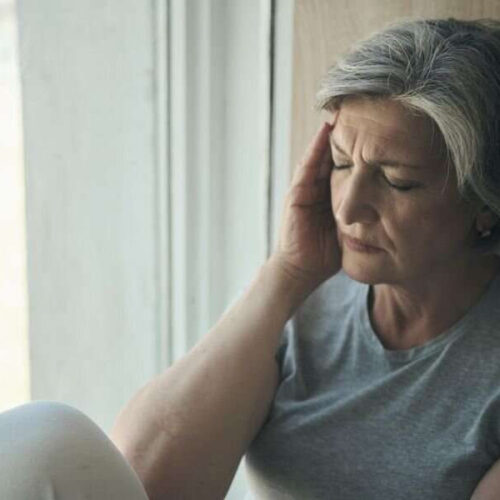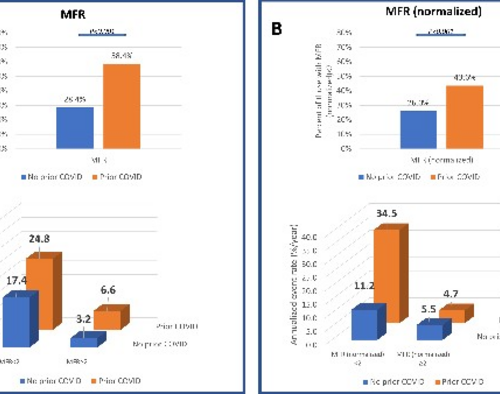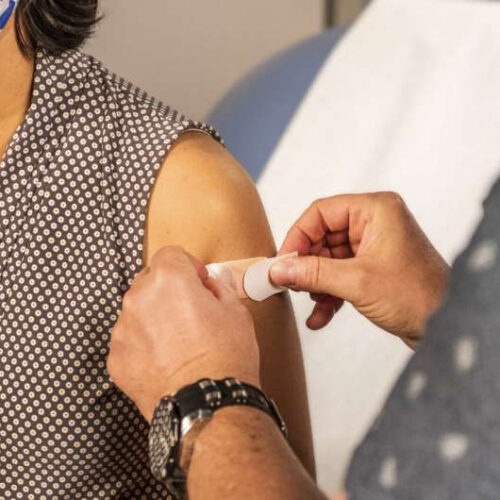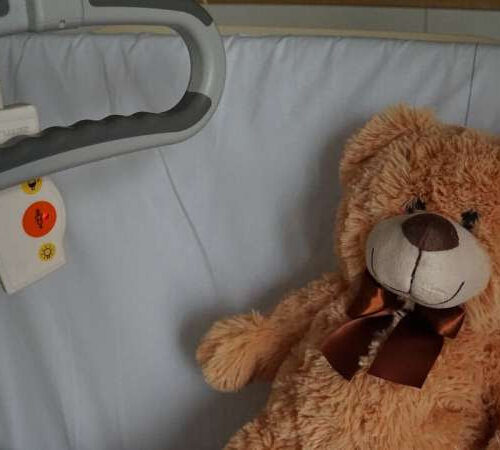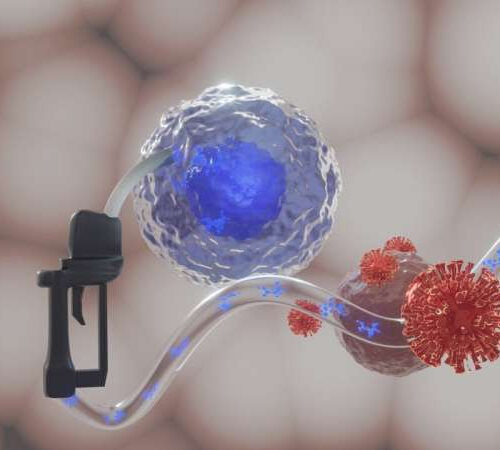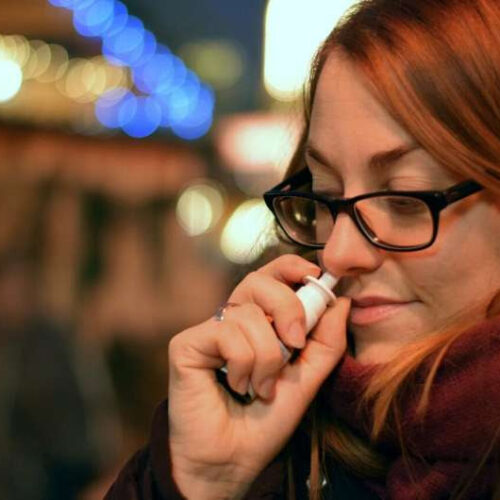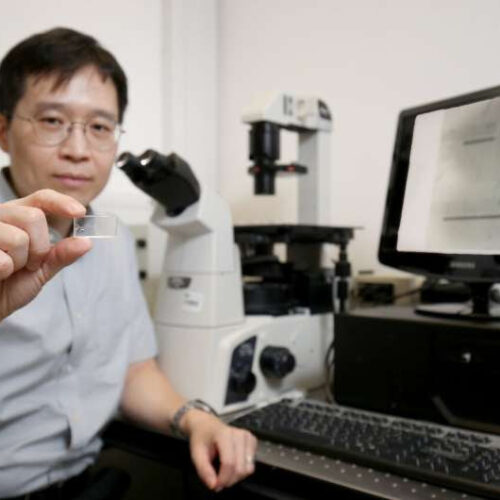Chronic neuropsychiatric symptoms are observed following COVID-19 infection, although self-reported symptoms are not associated with quantitative dysfunction, according to a study published in the October issue of Brain, Behavior & Immunity: Health. Alex K. Chen, from the Medical College of Georgia at Augusta University, and colleagues recruited COVID-19-positive adult patients (50 percent African American) from inpatient...
Tag: <span>COVID-19</span>
Researchers discover ‘weak spot’ across major COVID-19 variants
by University of British Columbia Cryo-electron microscopy reveals how the VH Ab6 antibody fragment (red) attaches to the vulnerable site on the SARS-CoV-2 spike protein (gray) to block the virus from binding with the human ACE2 cell receptor (blue). Credit: Dr. Sriram Subramaniam, UBC Researchers at the University of British Columbia have discovered a key vulnerability...
Reduced myocardial blood flow is new clue in how COVID-19 is impacting the heart
HOUSTON METHODIST IMAGE: A) PATIENTS WITH PRIOR COVID HAVE HIGHER RATES OF IMPAIRED MFR INDICATING CARDIOVASCULAR DISEASE B) IMPAIRED MFR IS ASSOCIATED WITH A HIGHER RATE OF ADVERSE EVENTS IN PATIENTS WITH NO PRIOR COVID AND THOSE WITH PRIOR COVID CREDIT: HOUSTON METHODIST Patients with prior COVID may be twice as likely to have unhealthy...
New study indicates people with current cancer diagnosis may face severe complications from COVID-19
by Stephanie Winn, UC Davis Credit: Unsplash/CC0 Public Domain A new study has found that a current cancer diagnosis posed a significant risk for severe outcomes during the first two years of the COVID-19 pandemic, including ICU admission and death. UC Davis Comprehensive Cancer Center researchers took part in the study, which was published this...
More than 1 in 4 children hospitalized with COVID-19 or MIS-C have lingering complications more than two months later
by Children’s Hospital Boston Credit: CC0 Public Domain In one of the largest follow-up studies to date, involving 25 pediatric hospitals, more than a quarter of children and adolescents hospitalized with coronavirus infection early in the pandemic still had health problems two to four months later, either persisting symptoms or activity impairment. The study, led by...
Most patients regain taste, smell following COVID-19
Nearly nine in 10 patients reporting a COVID-19-related smell or taste dysfunction completely recovered within two years, although recovery took more than six months for 10.9 percent of patients, according to a research letter published online Aug. 4 in JAMA Otolaryngology-Head & Neck Surgery. Paolo Boscolo-Rizzo, M.D., from University of Padova in Italy, and colleagues estimated...
Theophylline nasal irrigation studied in COVID-19-related smell loss
For patients with COVID-19-related olfactory dysfunction (OD), the clinical benefit of theophylline added to saline nasal irrigation (SNI) is inconclusive, according to a study published online July 7 in JAMA Otolaryngology-Head & Neck Surgery. Shruti Gupta, M.D., from Washington University School of Medicine in St. Louis, and colleagues examined the efficacy and safety of theophylline versus...
COVID-19: New energy for flagging immune cells
by University of Bonn When T cells (blue-white sphere) fill up with energy in the form of ketone bodies (blue), they can fight viruses more effectively. Credit: © Chantal Wientjens, AG Prof. Wilhelm / University of Bonn In severe COVID-19 patients, metabolism produces insufficient amounts of certain energy-rich compounds called ketone bodies. However, these energy carriers...
New needle-free nasal vaccine shows promise for COVID-19
by American Society for Microbiology Credit: CC0 Public Domain New research shows that a needle-free mucosal bacteriophage (phage) T4-based COVID-19 vaccine is effective against SARS-CoV-2 infection. The findings were published in mBio, an open access journal of the American Society for Microbiology. In recent years, the Food and Drug Administration authorized mRNA- and adenovirus-based SARS-CoV-2 vaccines....
Researchers invent accurate rapid COVID-19 antibody level test
by City University of Hong Kong Dr Chen Ting-Hsuan, Associate Professor, Department of Biomedical Engineering, City University of Hong Kong, holding a microfluidic device. Credit: City University of Hong Kong Vaccines have become the most important weapon in the fight against the COVID-19 pandemic, but antibody levels after vaccination decay quickly over time. Therefore, an...

